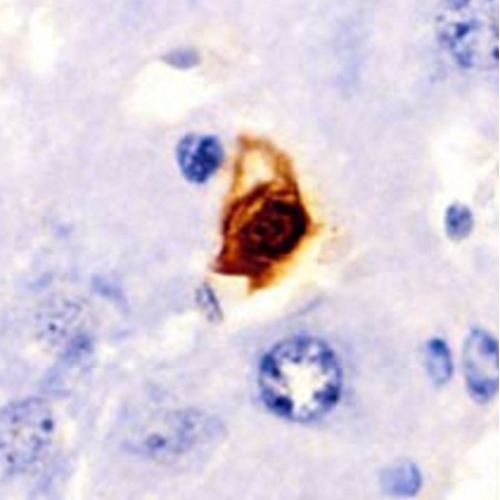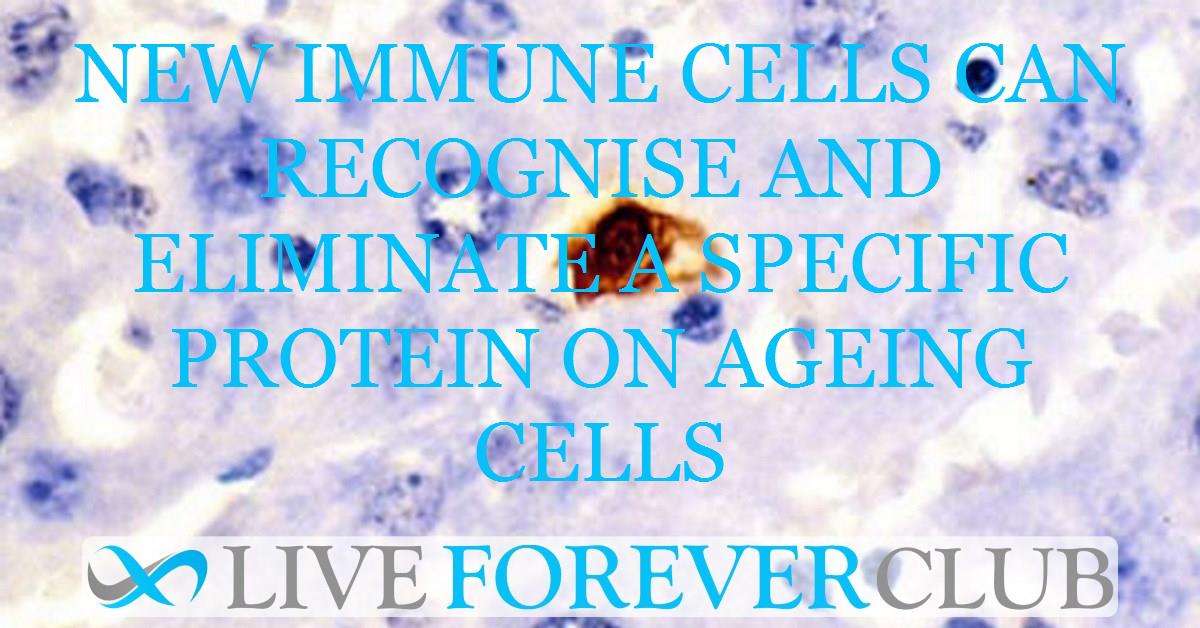Ageing brings with it a host of health challenges, primarily due to the accumulation of senescent cells. These cells contribute to age-related tissue decline and various pathologies, including metabolic dysfunction. Traditional treatments using small-molecule drugs, termed 'senolytics', require continuous administration and target senescent cells indirectly. Enter the groundbreaking approach of senolytic CAR T cells, targeting the urokinase plasminogen activator receptor (uPAR) on senescent cells, offering a novel way to combat age-related issues.
The Research: Targeting Ageing at Its Core
The core of the study is the use of senolytic CAR T cells to combat age-related decline.
Senescence refers to a state where cells stop dividing and accumulate with age. These senescent cells contribute to ageing and various diseases. Normally, they are part of a healthy process, like wound healing, but as we age, they start to accumulate, leading to problems.
Senolytics are a class of drugs designed to target and eliminate these senescent cells. However, traditional senolytic treatments require ongoing administration and are not always specific in their targeting.
CAR T cells are a form of immunotherapy, most commonly used in cancer treatment. They involve modifying a patient's T cells (a type of immune cell) to attack specific targets. In this research, CAR T cells are engineered to target a protein called uPAR.
uPAR is a protein found on the surface of cells, including senescent cells. The research team discovered that uPAR is more prevalent on senescent cells as we age. By targeting uPAR, the engineered CAR T cells can directly attack and eliminate senescent cells.
Key Findings: A Leap Forward in Age Management
The key findings of Corina Amor's research on senolytic CAR T cells present a significant step forward in age management. The research demonstrated the efficacy of these cells in targeting and reducing senescent cells in aged mice. Senescent cells are cells that have stopped dividing and accumulate as we age, contributing to various age-related diseases and decline.
One of the major findings was the substantial reduction in the population of senescent cells following a single administration of uPAR-targeted CAR T cells. This reduction in senescent cells led to notable improvements in the mice's metabolic functions. Specifically, there was an enhancement in glucose tolerance and an increase in exercise capacity.
These findings are crucial because they indicate a potential for a one-time, long-lasting treatment option for age-related decline. This contrasts with current therapies that often require continuous treatment and may not be as targeted. The use of CAR T cells in this way represents a novel approach to managing and potentially preventing the effects of ageing.
A Future Free from Age-Related Decline
The implications of this research are vast. It paves the way for therapies that can potentially extend healthspan and quality of life in the ageing population. By effectively targeting and reducing the burden of senescent cells, we could see a future where age-related diseases are significantly delayed or even prevented.
Revolutionising Age-Related Health Care: Traditional approaches to ageing focus on treating symptoms of age-related diseases. This research shifts the paradigm to preventing these diseases by targeting one of their root causes: the accumulation of senescent cells. By doing so, we're not just treating the elderly; we're redefining the health trajectory of every ageing individual.
Extending Healthspan, Not Just Lifespan: The concept of 'healthspan' refers to the period of life spent in good health, free from the chronic diseases and disabilities of ageing. This research promises to extend healthspan, ensuring that extended lifespans are not marred by prolonged periods of ill health.
Potential Impact on Age-Related Diseases: Many age-related diseases, such as Alzheimer's, cardiovascular disease, and diabetes, are linked to senescent cells. By targeting these cells, we might see a future where these diseases are significantly delayed or even prevented, radically changing the landscape of geriatric healthcare.
Economic and Social Implications: The ageing population is a growing demographic, putting strain on healthcare systems and economies. Effective age management therapies could alleviate some of these pressures by reducing the incidence of age-related diseases and the associated healthcare costs.
Ethical Considerations: With these advancements come ethical questions. Who will have access to these therapies? How will they be priced? There's also the moral consideration of extending life: what does it mean for society if people live significantly longer?
The Psychology of Ageing: Beyond physical health, this research could impact the psychology of ageing. Knowing that age-related decline could be managed more effectively may change how individuals approach their own ageing process, potentially leading to a more positive outlook on growing older.
Challenges in Translation to Human Therapy: While the results in mice are promising, translating these findings to human treatments is a complex process that requires rigorous testing for safety and efficacy. This journey from lab to clinic is often long and fraught with challenges.
Future Research Directions: This study opens numerous avenues for further research. Understanding the long-term effects of such therapies, exploring different targets besides uPAR, and refining the technology for human use are just a few of the many paths forward.
Global Health Implications: The potential global impact of extending healthy life is immense. It could lead to shifts in population demographics, changes in workforce dynamics, and new perspectives on ageing and health policy worldwide.
Acknowledgements
The success of this research hinges on the collective efforts of a dedicated team. Special recognition goes to Corina Amor, the lead author, and her colleagues at the Cold Spring Harbor Laboratory and Memorial Sloan Kettering Cancer Center. This study was published in Nature Aging.








